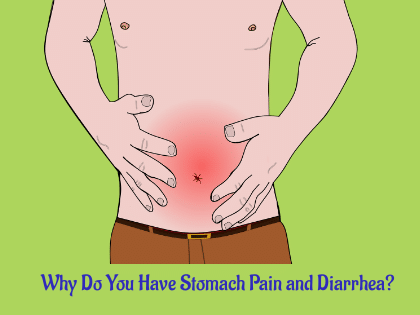
The Causes of Stomach Aches and Diarrhea: How to Know if You’re Okay or Sick?
What are stomach aches and diarrhea?
It is important to know the difference between stomach aches and diarrhea. It can be hard to tell the two apart, but knowing what they are can help you get better faster by doing the right things.
Stomach aches happen when there is a muscle spasm in the stomach that causes pain or discomfort. Stomach aches are often caused by stress or anxiety, eating too much, or not eating enough. Diarrhea is when your stool is looser than usual and more frequent. You may notice that your stools are also more watery than usual with diarrhea.
Symptoms of Stomach Aches and Diarrhea
A stomach ache is usually a sign of indigestion or an ulcer. Diarrhea means that the food is passing through the intestines faster than normal. If a person has diarrhea, they may also experience abdominal pain and bloody stool.
The following are some of the symptoms of stomach aches and diarrhea:
-Bloody stool
-Yellow stool
-Nausea or vomiting
What are the causes of stomach aches and diarrhea?
The causes of stomach aches and diarrhea can vary from person to person. There are many diseases that can be the cause of these symptoms.
Some common causes are acid reflux, irritable bowel syndrome, Crohn’s disease, celiac disease and food poisoning.
In most cases, the pain will subside after a few days or weeks and the diarrhea will stop after a few days as well.
How do I know if it’s just a stomach ache or something more serious?
It is difficult to know if it’s just a stomach ache or something more serious. Here are some common symptoms that you might experience:
– Abdominal pain, fever, vomiting, diarrhea
– Loss of appetite for food and drink
– Headache
– Body aches and pains
– Fatigue
If you experience any of these symptoms, it is best to consult a doctor.
Knowing the causes & symptoms of these two ailments will help you know when you need medical attention.
Knowing the causes and symptoms of these two ailments will help you know when you need medical attention, and when it’s safe to take care of the problem on your own.

Leave a Reply